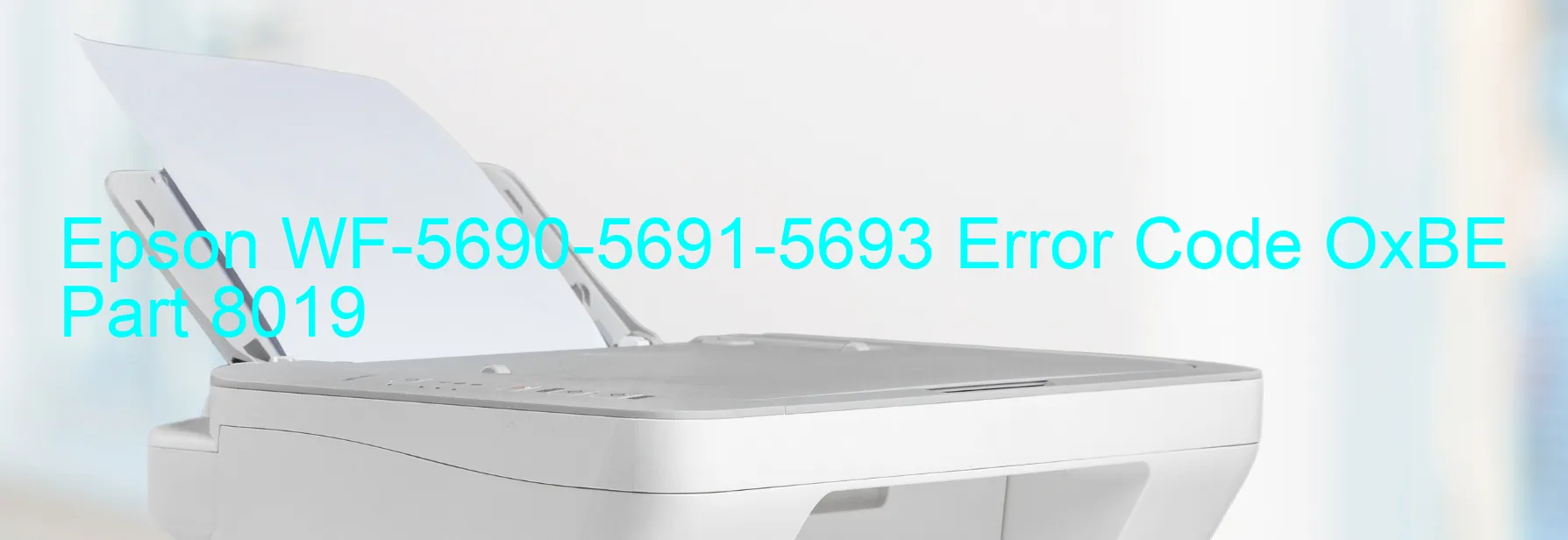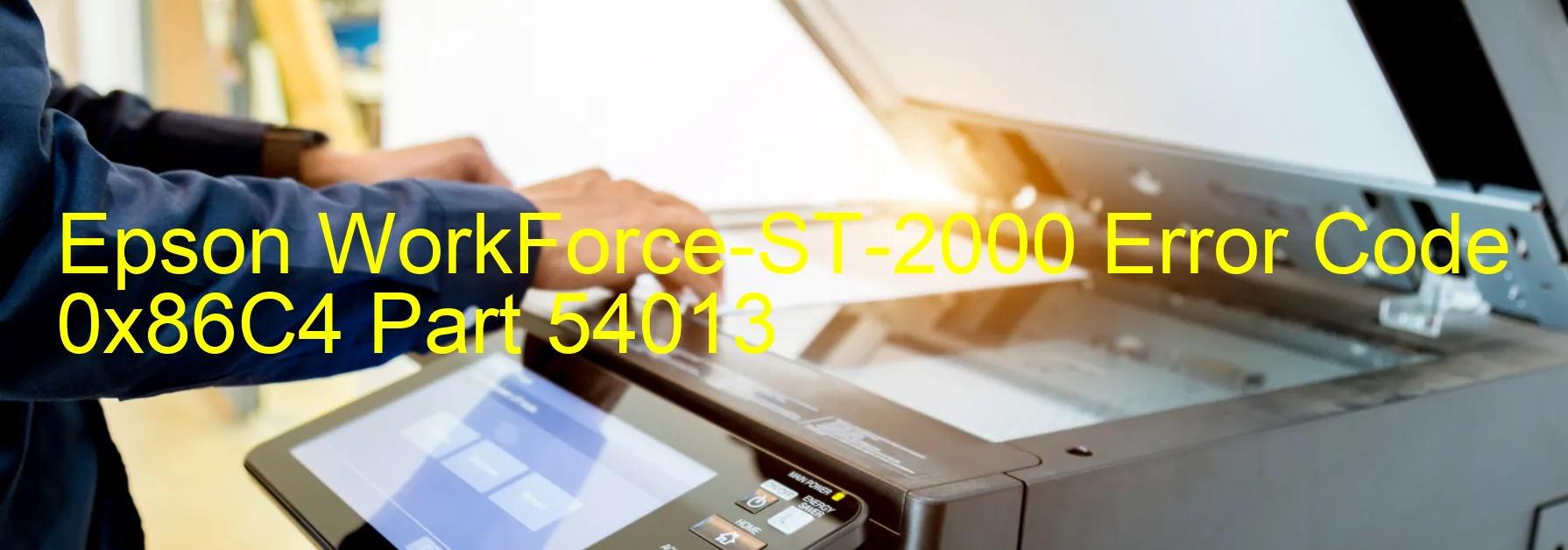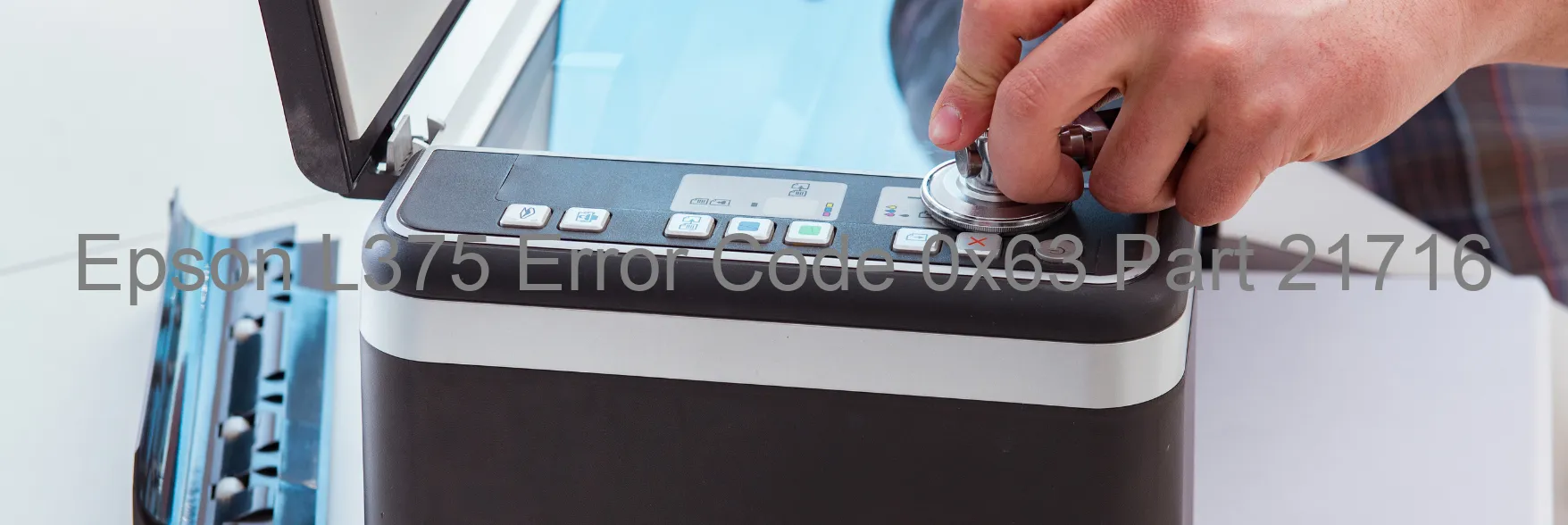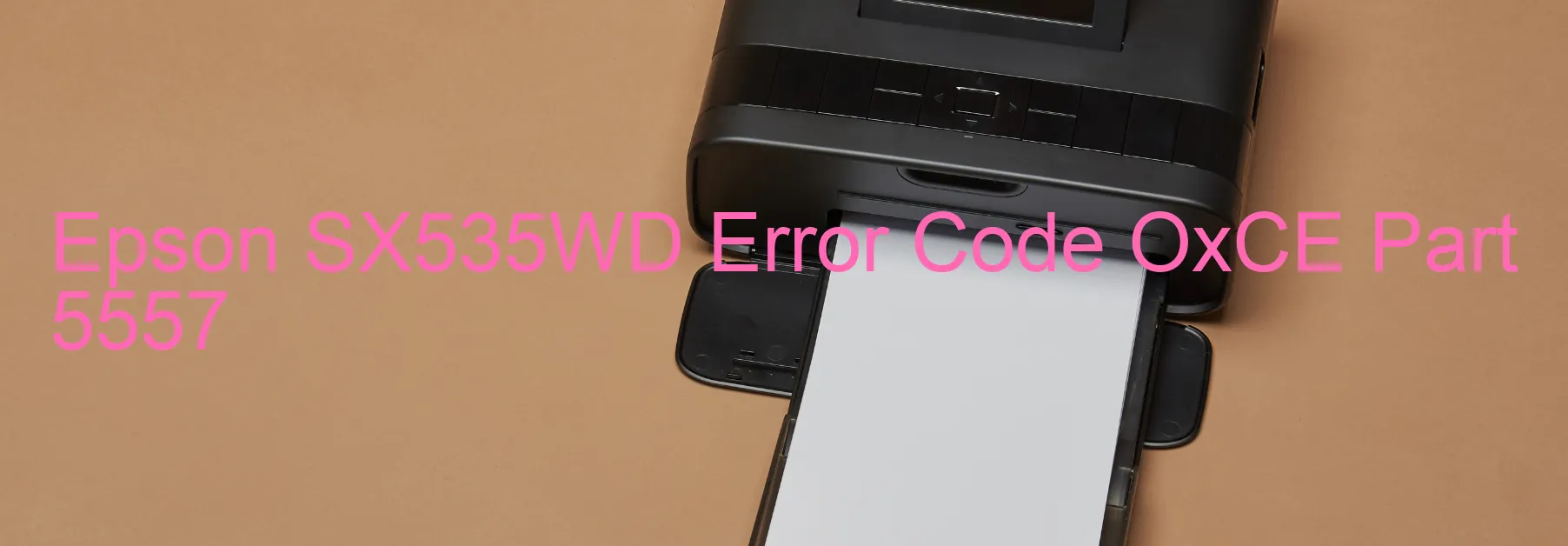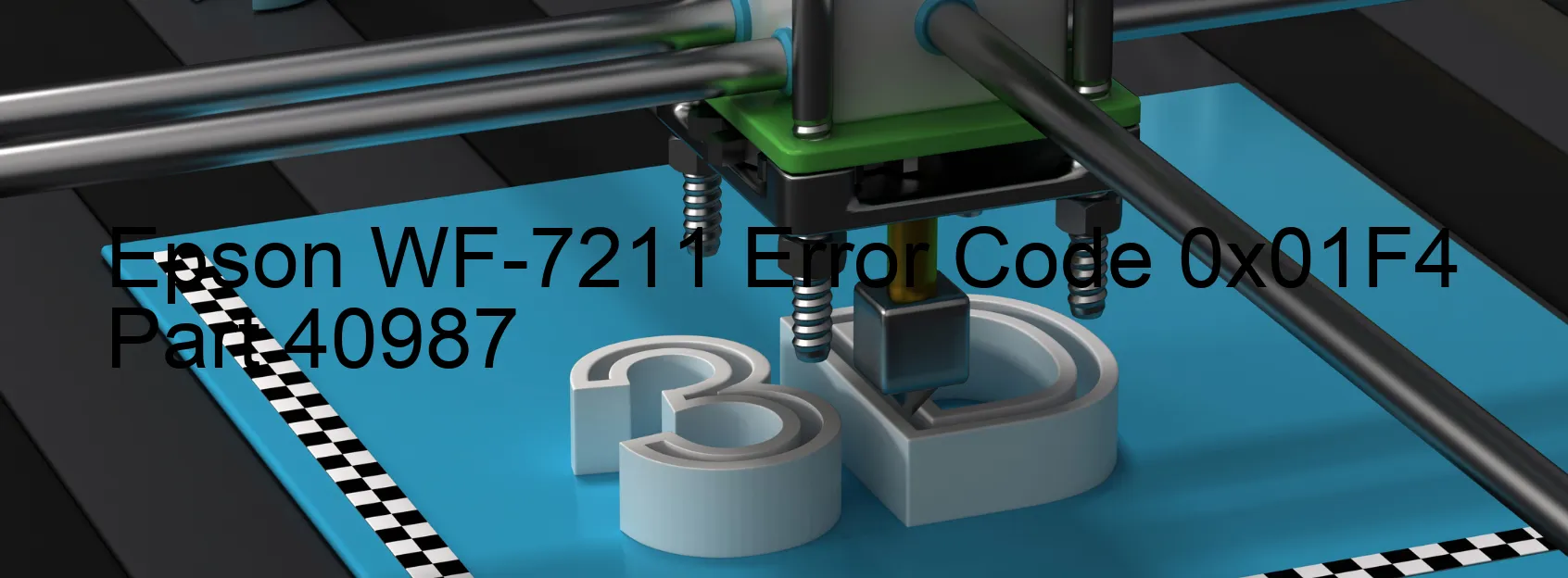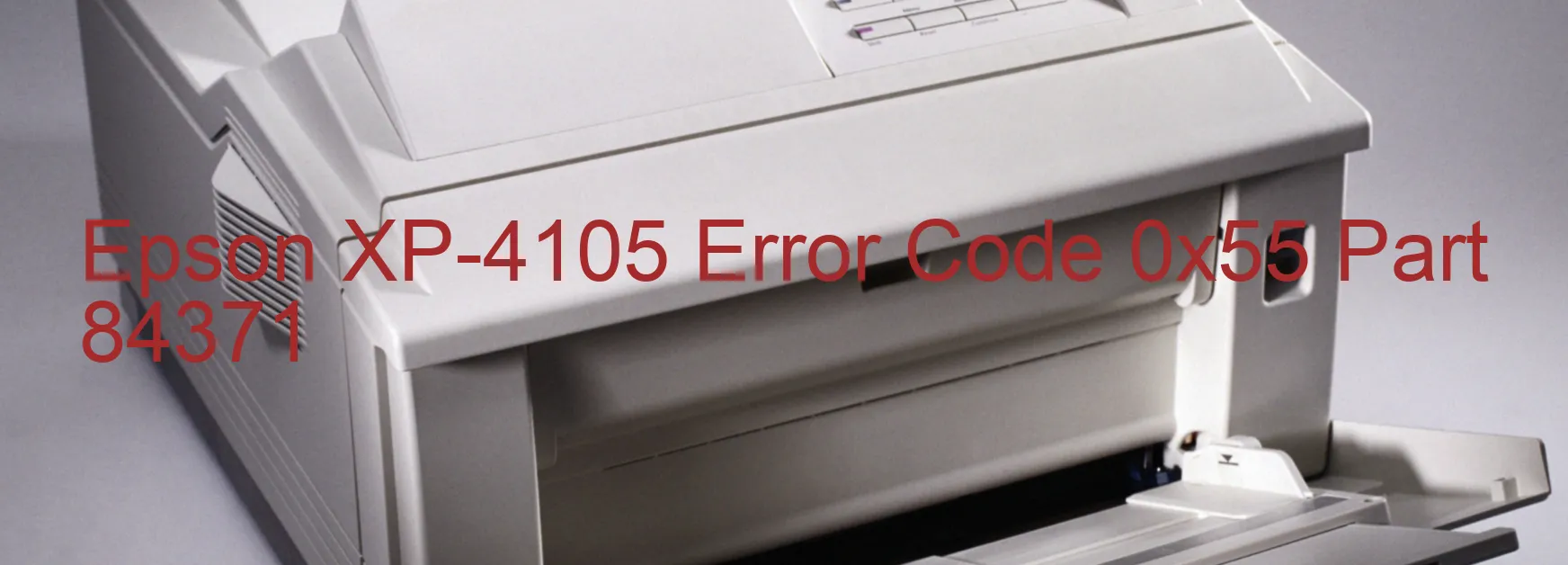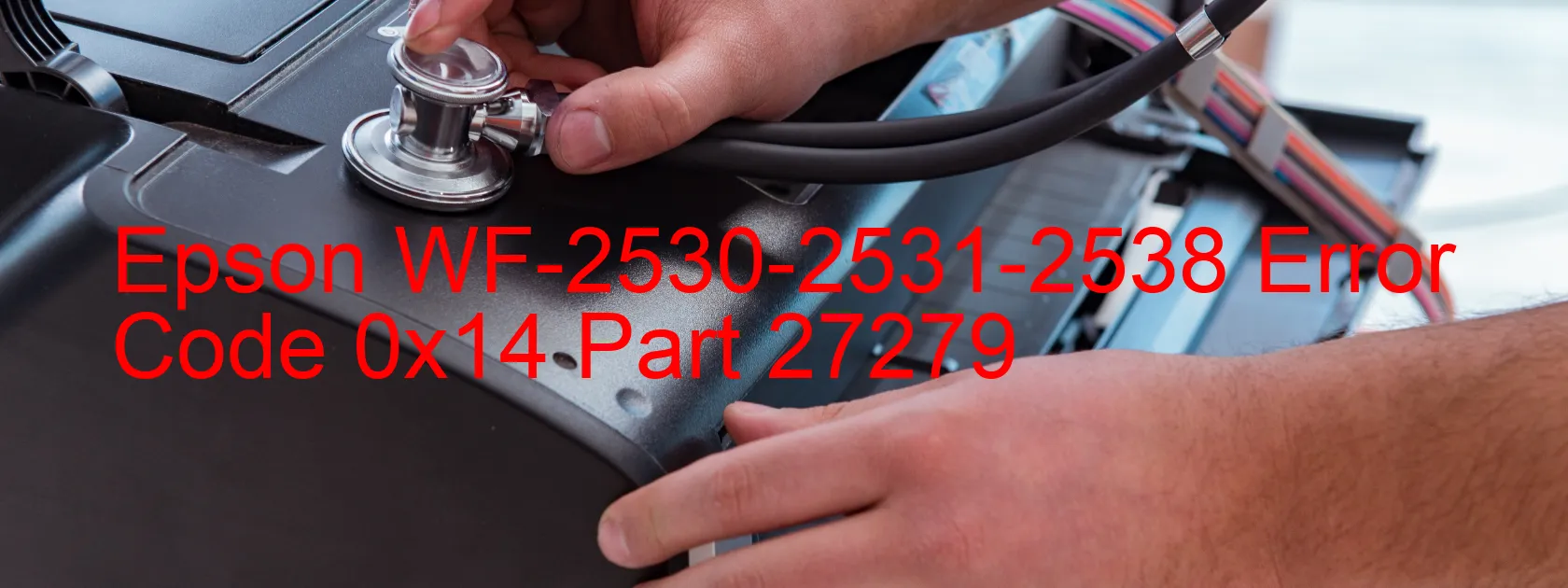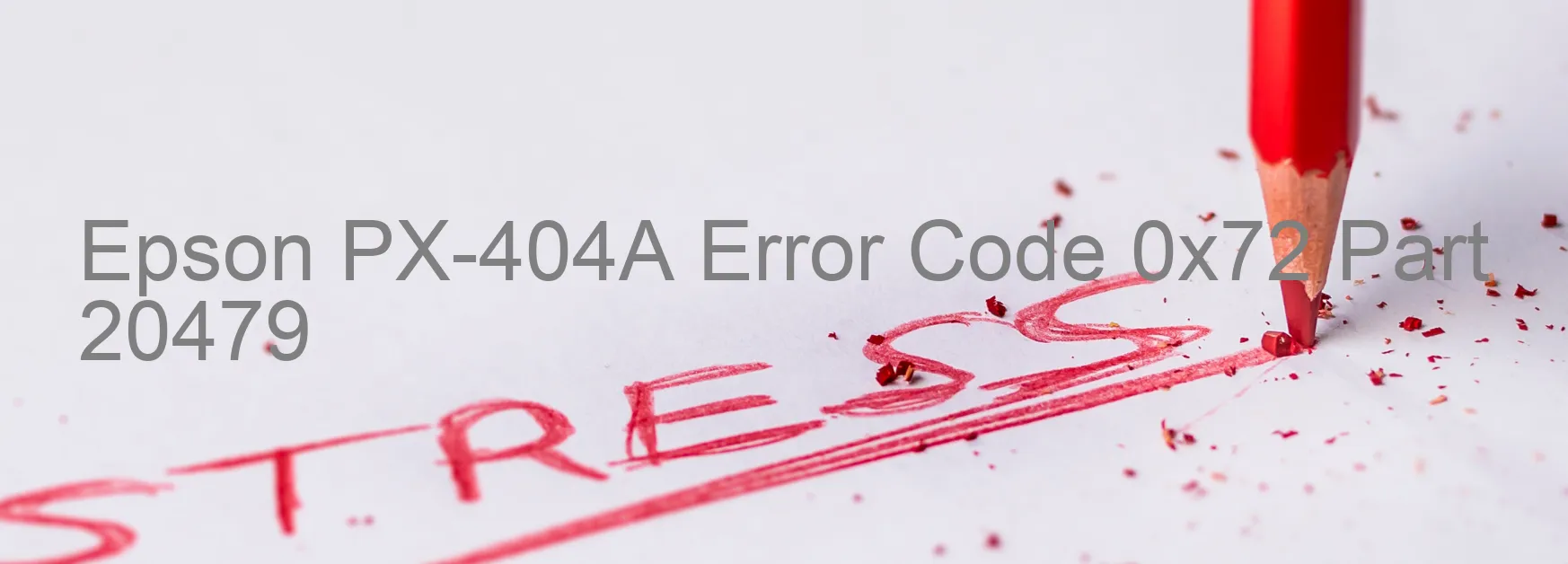Epson WF-7015 Error 0xF2
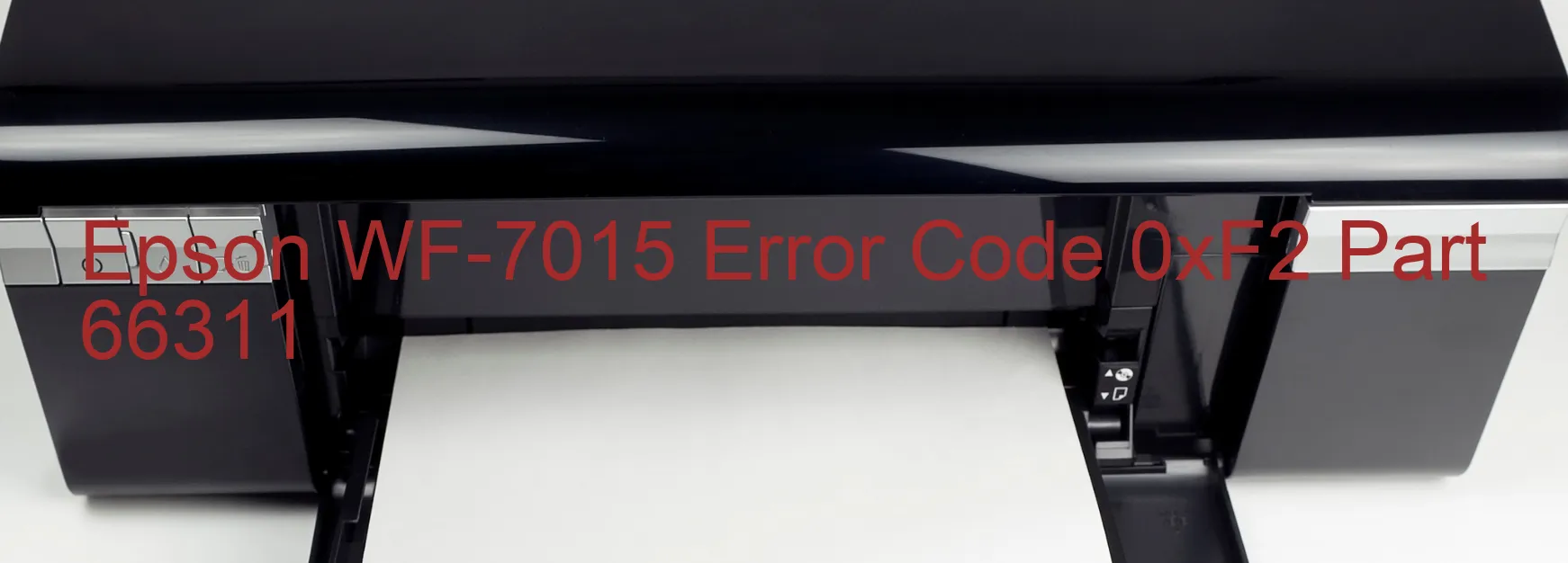
The Epson WF-7015 printer is a reliable device used by many individuals and businesses for achieving high-quality prints. However, occasionally, users may encounter an error code 0xF2 on the printer display. This particular error message indicates a PF PID excess speed error, meaning that the PF motor is rotating at a higher speed than anticipated.
Several factors could contribute to this error. One possibility is an encoder failure, where the printer’s encoder, which determines the position of the print head, encounters a malfunction. Another potential cause could be tooth skip or improper tension of the timing belt. This belt is crucial for maintaining the proper synchronization of printer components, and any issues with it can lead to errors.
Additionally, a motor driver failure could also be responsible for error code 0xF2. If the motor driver, which controls the movement of the PF motor, becomes defective or encounters a fault, it can result in excessive motor speed. In some cases, this error may even be attributed to a failure in the printer’s main board, the central component responsible for coordinating various printer functions.
To resolve this error, some troubleshooting steps can be followed. Firstly, restarting the printer can be attempted as it may help in rectifying temporary glitches. Furthermore, checking and ensuring proper tension of the timing belt, as well as examining for any signs of tooth skipping, would be beneficial. If these steps do not resolve the issue, contacting Epson customer support or a certified technician would be advisable for further assistance and possible hardware repairs.
By acknowledging the potential causes and suggesting troubleshooting measures, users experiencing the Epson WF-7015 error code 0xF2 can work towards resolving the issue and getting back to seamless printing functionality.
| Printer Model | Epson WF-7015 |
| Error Code | 0xF2 |
| Display on | PRINTER |
| Description and troubleshooting | PF PID excess speed error. The PF motor rotates faster than expected. Encoder failure. Tooth skip or improper tension of the timing belt. Motor driver failure. Main board failure. |
